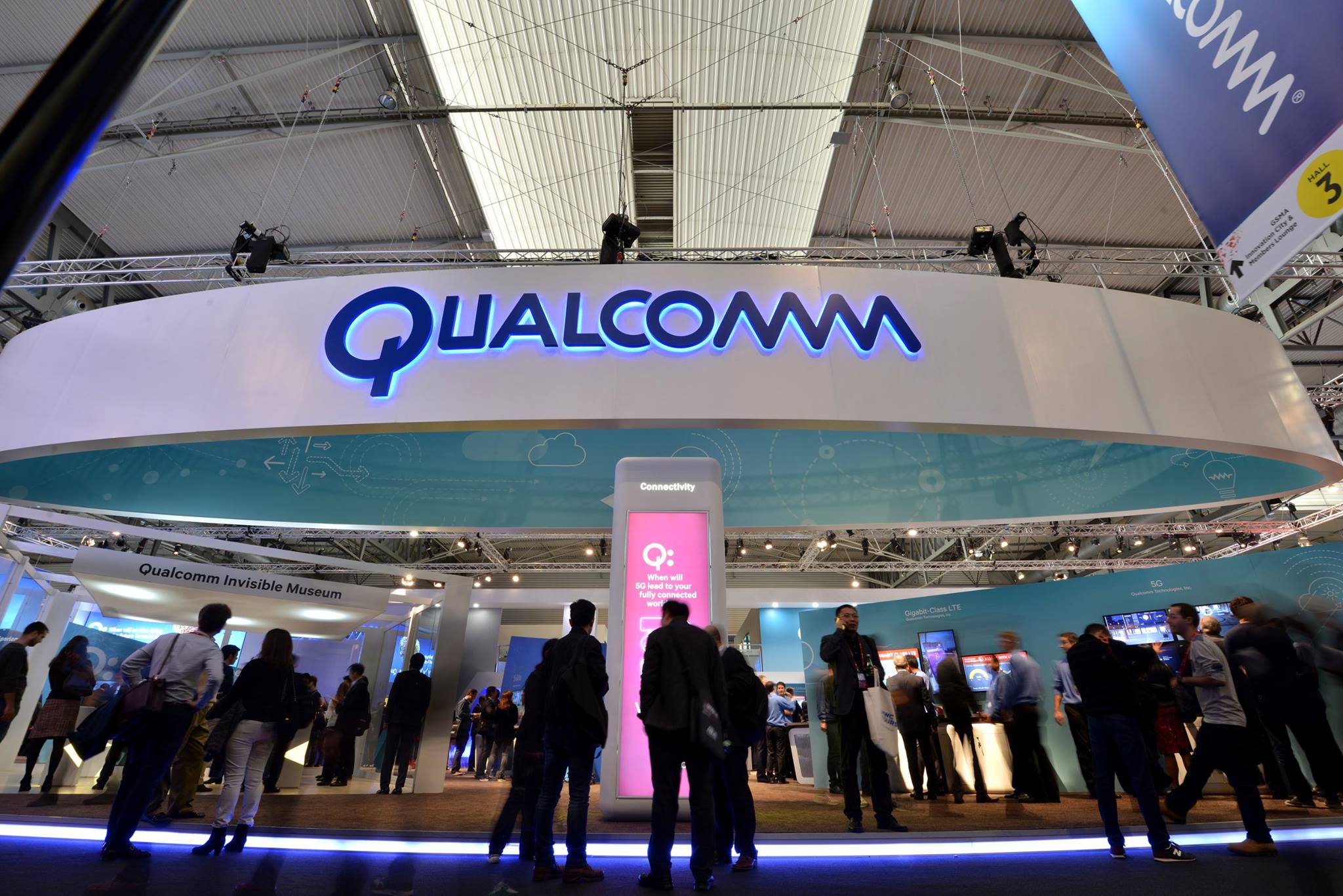 INFRA
INFRA
 INFRA
INFRA
 INFRA
INFRA
Embattled mobile chip maker Qualcomm Technologies Inc. last week wrapped up one of its long-running legal cases only to be immediately slapped with a new one, this time by its own shareholders.
First up, Qualcomm said on Friday it had finalized its settlement over royalty payments with BlackBerry Ltd., the onetime leader in the smartphone market. The case dates back several years and relates to a contract dispute over whether Qualcomm’s royalty cap program applied to payments made by BlackBerry under a licensing deal. The two companies agreed to let the courts arbitrate the case, and the arbitrator determined in April that BlackBerry had indeed overpaid royalty fees between 2010 and 2015, awarding it an initial settlement of $815 million in damages.
On Friday the two companies said they’ve reached a “final settlement” that will see Qualcomm compensate BlackBerry to the tune of $940 million, which also includes legal fees, to be paid by May 31.
With that done, both companies expressed a desire to put the case behind them and move on. BlackBerry and Qualcomm’s contract deal expired in 2015 and so no future royalties will be in question, though the companies said they look forward to collaborating on new products together. The two firms “have a longstanding relationship and continue to be valued technology partners,” BlackBerry Chief Executive Officer John Chen said about their continued collaboration on security for custom chips and the automotive industry, in a statement after the initial ruling last month.
For Qualcomm, however, the settlement just means it has one less legal battle to worry about as it fights on multiple fronts to defend its business model. Its biggest case is a highly publicized complaint made against it by iPhone maker Apple Inc., which in January filed a lawsuit accusing Qualcomm of demanding excessive royalty fee payments for cell phone technology patents. Added to that is a lawsuit filed by the U.S. Federal Trade Commission, which accuses the chip maker of forcing smartphone makers to agree to unfair licensing deals through the abuse of its patents. The company is also under investigation by authorities in Europe and Japan, having previously agreed to settlements in China and Korea over similar allegations.
Qualcomm also made counter-claims against Apple, and is trying to recover unpaid licensing fees from several subcontractors who make chips for the iPhone, which have temporarily withheld them at Apple’s behest.
Complicating things even further, last week it emerged that Qualcomm’s own shareholders were revolting against the company’s executives, blaming them for the company’s legal problems and subsequent poor financial results.
The shareholder case focuses not only on Qualcomm’s strategy and execution from 2013 to the present under the Securities Exchange Act, but also on the defective Snapdragon 810 processor. The suit alleges that Qualcomm cut corners in its design, adding a 64-bit mode without properly testing the feature, and that this failure caused the chips to overheat. As a result, several smartphone makers including Samsung Electronics Co. Ltd. snubbed the chip, leading to a “massive” drop in sales, the suit alleges.
THANK YOU